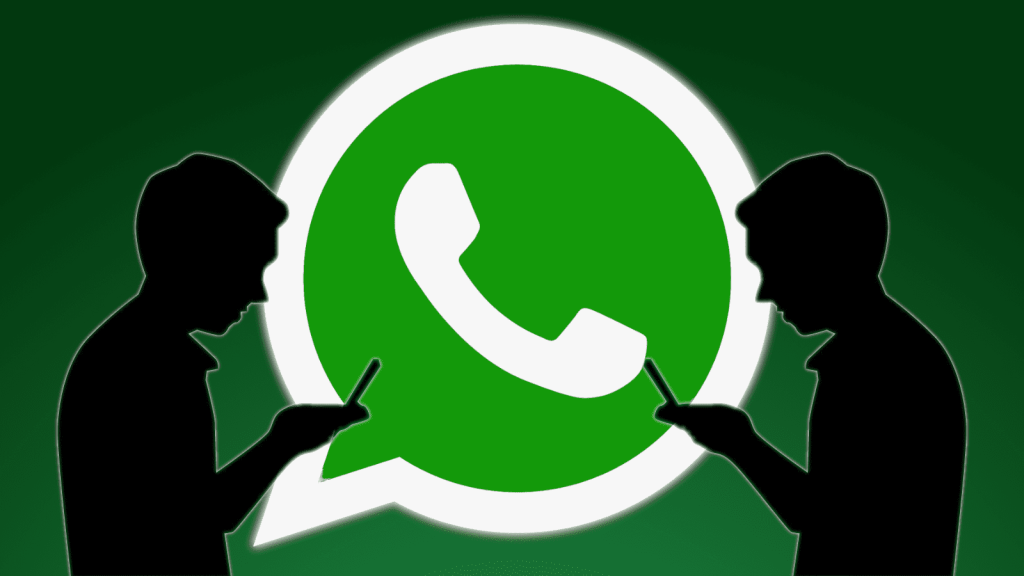In today’s world, where digital communication plays a crucial role in our lives, messaging apps like WhatsApp have become an integral part of how we connect with friends, family, and colleagues. However, with this growing reliance on technology, there are also legitimate concerns about the security and privacy of our personal information. One such concern is the possibility of WhatsApp being cloned by malicious actors. In this article, we will discuss how to know if your WhatsApp has been cloned and what preventive measures you can take.

Signs that your WhatsApp may have been cloned
Detecting if your WhatsApp has been cloned requires attention to detail and understanding potential signs of suspicious activity. Some of the signs to look out for include:
- Unknown Activity: If you notice activity on your account that you didn't do, such as messages you don't remember sending or conversations you didn't start, this could indicate possible cloning.
- Active Sessions in Different Locations: WhatsApp allows you to see which devices your account is active on. If you notice active sessions from unknown locations or devices, this could be a sign of cloning.
- Access Problems: If you are suddenly logged out of your account, even when you did not do so manually, or if you experience difficulties when trying to access your account, this could be an indication that someone is trying to take control of your account.
- Messages about Verification Codes: If you receive messages about verification codes that you didn't request, it could mean that someone is trying to clone your account on another device.
- Slow Performance or Battery Drain: If you notice that your device is running slower than usual or the battery is draining quickly for no apparent reason, it could be caused by unauthorized background activity.
Preventative Measures to Protect Your Account
Preventing WhatsApp cloning is essential to keeping your personal information and conversations safe. Here are some steps you can take:
- Enable Two-Step Verification: This is one of the most effective measures to protect your account. Two-step verification requires that, in addition to your password, you enter a verification code sent to your phone number.
- Keep the App Updated: Always keep your WhatsApp app up to date, as updates often include important security fixes.
- Check your Active Sessions: Regularly check which devices have active sessions on your account and close any unrecognized sessions.
- Beware of Suspicious Messages: Do not share verification codes with anyone and do not click on suspicious links that may lead to fraudulent websites.
- Protect your Device: Use passwords or fingerprints to unlock your device. This makes it harder for unauthorized access to your phone.
Conclusion
Keeping your WhatsApp account secure is vital to protecting your privacy and personal information. Being alert to signs of suspicious activity and implementing preventative measures is essential to preventing WhatsApp cloning. By adopting rigorous security practices, such as two-step verification and regularly checking active sessions, you can significantly minimize the risks associated with cloning and ensure a safer and smoother communication experience.